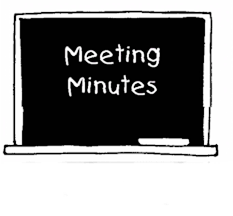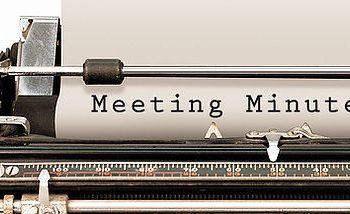 July 2025
July 2025
Without meeting minutes it is as if a condo board meeting never took place. There is no record of what was said, by whom or what decisions were made. Owners may question the legality of board actions or expenditures if not documented in meeting minutes.

During board meetings, directors will discuss issues relating to specific units, staff, potential litigation, and other items that are private. Since the right of owners to examine the corporation’s records expressly excludes this type of information, per section 55(4) of the Condo Act which defines what is considered “confidential” in condo records. Generally, this relates to staffing or human resources, litigation or information that identifies unit owners outside of the record of owners.
Most corporations exclude restricted information from their standard board meeting minutes and document in separate, private and confidential minutes. If private and confidential information is retained in the standard minutes, it must be removed, or redacted, from the minutes prior to providing access to an owner.
Confidential minutes, when properly maintained, are not common. They only include information identified above. Confidential minutes are abused by condo boards that operate in a non-transparent manner and seek to avoid disclosure of issues they feel will elicit a negative reaction from some. They may treat certain topics as confidential when that is not the case. At times, they may include willful inclusion of an owner name or unit number in the record in the mistaken belief that this makes it “confidential” and allows them to avoid disclosure in general meeting minutes. These actions are not supported in the Condo Act.
Redacted minutes can offer a better check against condo boards seeking to withhold information from meeting minutes for their own convenience.
Condo boards that value transparency, openness and honesty do not have in camera or confidential minutes except for when this is justified in accordance with the Condo Act.







